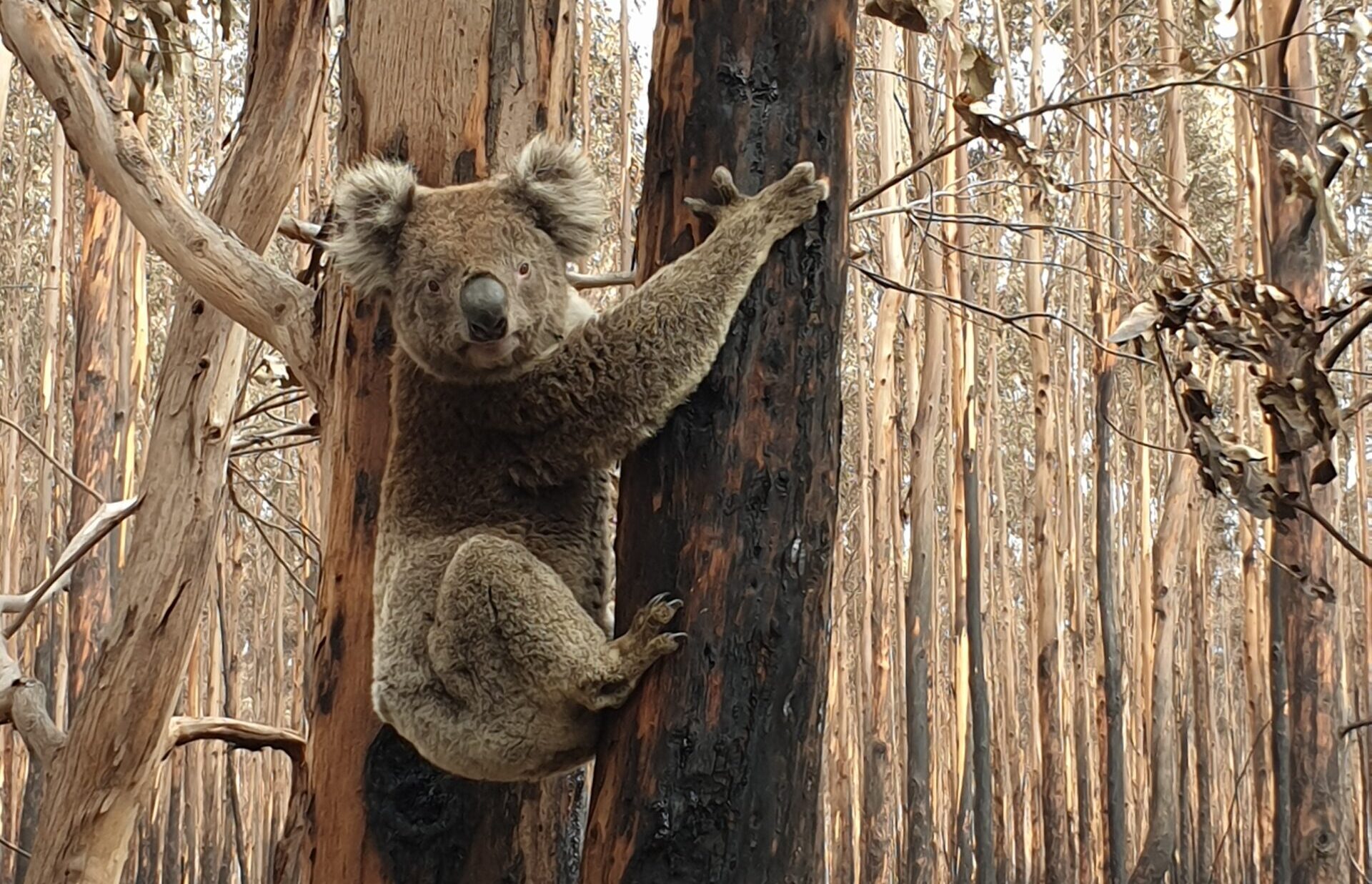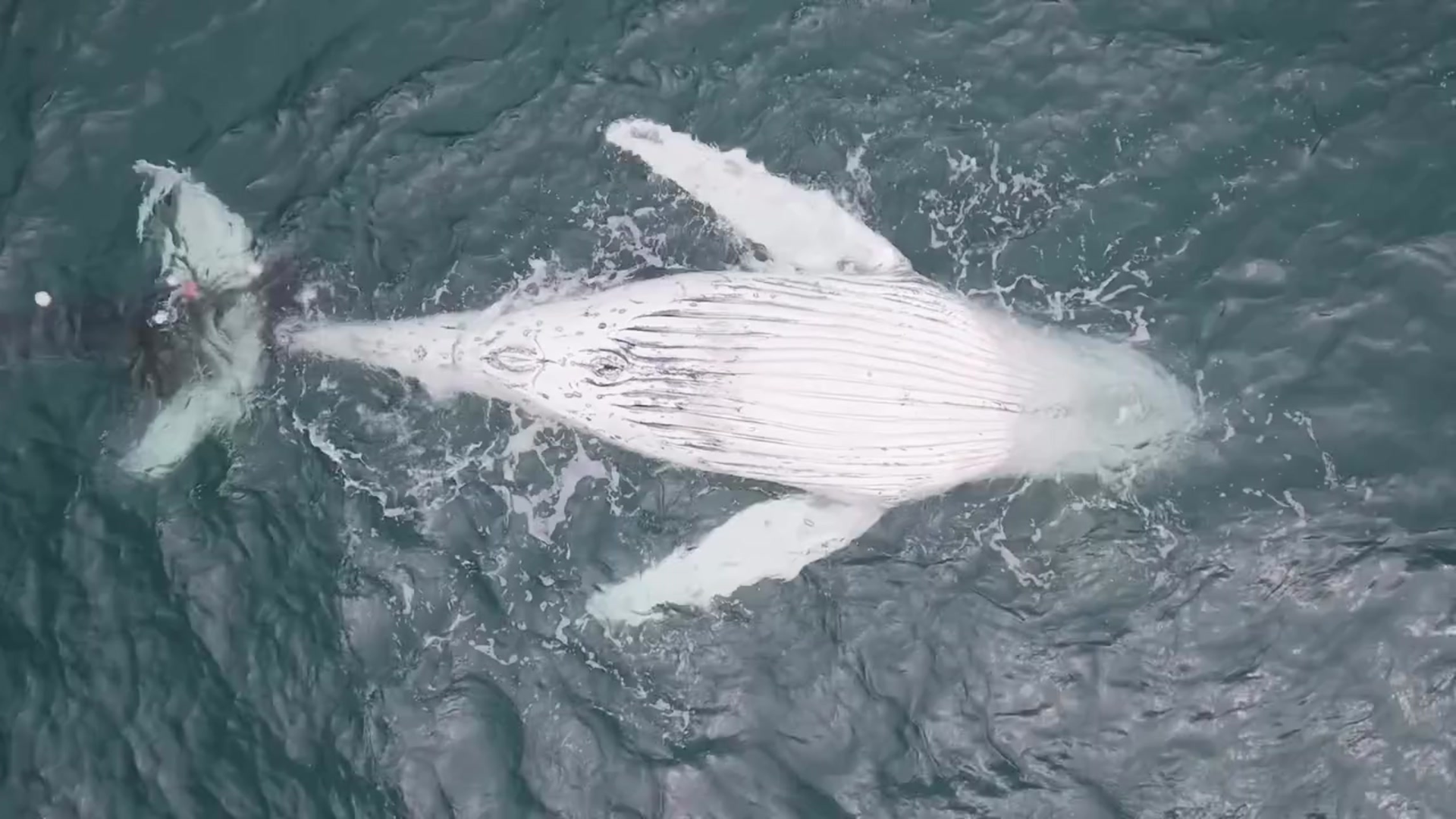Humane World for Animals Australia says risks to nature outweigh the gains in long anticipated reforms to Australia’s nature laws, tabled in parliament today. Having previewed the amendments to the Environment Protection and Biodiversity Conservation (EPBC) Act tabled today, Humane World for Animals Australia’s Director, Campaigns, Nicola Beynon says the...
Donkeys are known by many to be a placid, good natured animal often used as working animals in lesser developed countries.
Their placid demeanor is usually as a result of fatigue and generations of domestication. Those are not the traits of the donkeys that run wild in Australia’s outback that the Chinese ejiao industry wants to get its hands on.
China has been harvesting the world’s donkeys at an alarming rate. They want a by-product of their skin for an assumed Chinese medicine called ejiao.
This product is believed to cure anything from cancer to impotence. The science around its efficacy is scant at best.
The areas of Australia where we have wild donkey populations are areas that often also have a weed called Indigophera. Donkeys, camels, and horses will graze on this wild plant converting it to a chemical called indospicine. Indospicine is responsible for liver damage, weight loss, neurological diseases and abortions.
Indispocine residue in animals who have eaten this plant has raised significant meat industry concern and has resulted in the secondary poisoning and death of pets.
The Northern Territory government has published scientific articles dating back many years confirming the risks of Indigophora consumption on animals and secondary poisoning on pets and people consuming wild donkey products. So much so that the Government controlled Meat Act of Australia states clearly that feral donkeys are NOT to be processed for human consumption in Australia.
If we can’t consume the meat safely in Australia, why would we allow people to consume it in China? Have they been warned of this risk from Australia’s Department of Agriculture? I doubt it.
We would be foolish to think a country such as China is simply going to import these animals, kill them by exsanguination without stunning and throw away everything but the skin. An ESCAS arrangement would be required, more red tape for the exporters to whine about.
So will Chinese nationals or their pets be exposed to this poorly advertised risk?
As far as risks go, as mentioned earlier, Australia’s wild donkeys are not the placid creatures we see in brochures pulling carts. They are notoriously difficult to muster, transport and handle. They can be very dangerous to people trying this, and there is great danger to the donkeys themselves in their attempts to resist. Donkeys have an innate wild habit of kicking and biting. This makes handling these animals very dangerous, especially in confined spaces such as trucks, yards and especially ships.
But before they even got near a ship they would require pregnancy testing. Australia does not allow the exportation of any live animal in their third trimester. Hence this would prove to be a difficult and dangerous job for any vet doing the testing. There are currently no regulations for the exportation of donkeys.
If they ever did get onto a ship, their habit of kicking when threatened would likely result in animals hurting themselves by kicking railings in the crowded pen space, and or hurting the ship’s crew members when they try to tend to the donkeys food, water and sanitary needs.
Considering Australia has had over half a century to work how best to export sheep and this is still not done to anyone’s approval, is this really an unsustainable, niche market Australia wants to introduce? I think It would be a foolish and short lived venture full of failure, suffering and the ability to badly backfire on our government.
The very same argument stands for live exporting our wild horses and camels.
The expansion of live export is a foolish avenue to take. We need to be weaning off the trade, not expanding it.
The NT Government has recently said live exports of donkeys is no longer on the table, and we hope the federal government will legislate against it so that it is forever ruled out.


